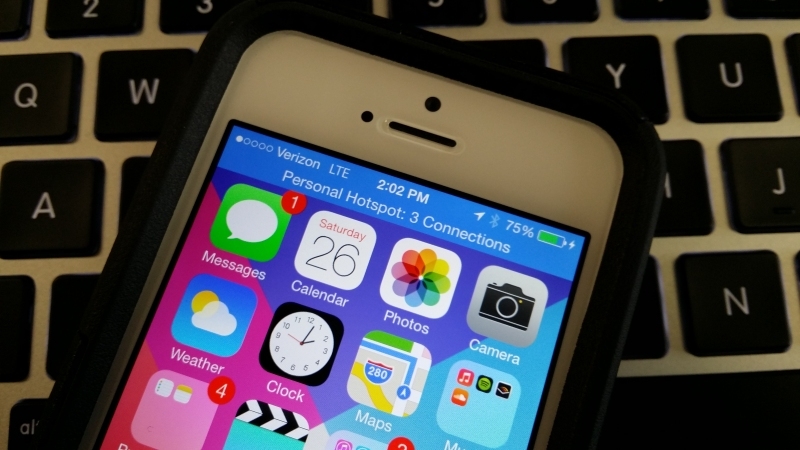The Marriott hotel chain has agreed to pay a fine of $600,000 following an investigation by the Federal Communications Commission into claims that a hotel guest had their personal Wi-Fi hotspot blocked during an event at one of Marriott's hotel and conference centers last year.
As outlined in a nine-page order on the matter, a guest visiting the company's Gaylord Opryland hotel in Nashville complained that the hotel was jamming personal hotspots in its convention space. The hotel ultimately fessed up to the matter, saying one or more of its employees used containment features to block customers' mobile hotspots.
As Ars Technica points out, the particular hotel in question offers dedicated wireless services to guests for convention purposes. Pricing ranges anywhere from $250 up to $1,000 per access point - or in other words, it's not cheap.

Additionally, the network also includes the ability to shut down any other Wi-Fi network that isn't its own. It's a feature typically used in government or corporate environments to help prevent data leaks.
In a statement sent to Ars, Marriott spokesperson Jeff Flaherty seems to defend the company's practice. He said Marriott has a strong interest in ensuring that when guests use their Wi-Fi service, they will be protected from rogue wireless hotspots that can cause degraded service, insidious cyber attacks and identity theft.
He added that the Gaylord Opryland hotel in question protected its Wi-Fi network by using FCC-authorized equipment provided by well-known, reputable manufacturers. What's more, he said they believe their actions were lawful.
It's clear that Marriott, rightfully or not, is playing the safety angle versus what most would see as them blocking personal hotspots for financial gain.
Do you believe Marriott had the right to jam personal hotspots? Let us know what you think in the comments section below.
